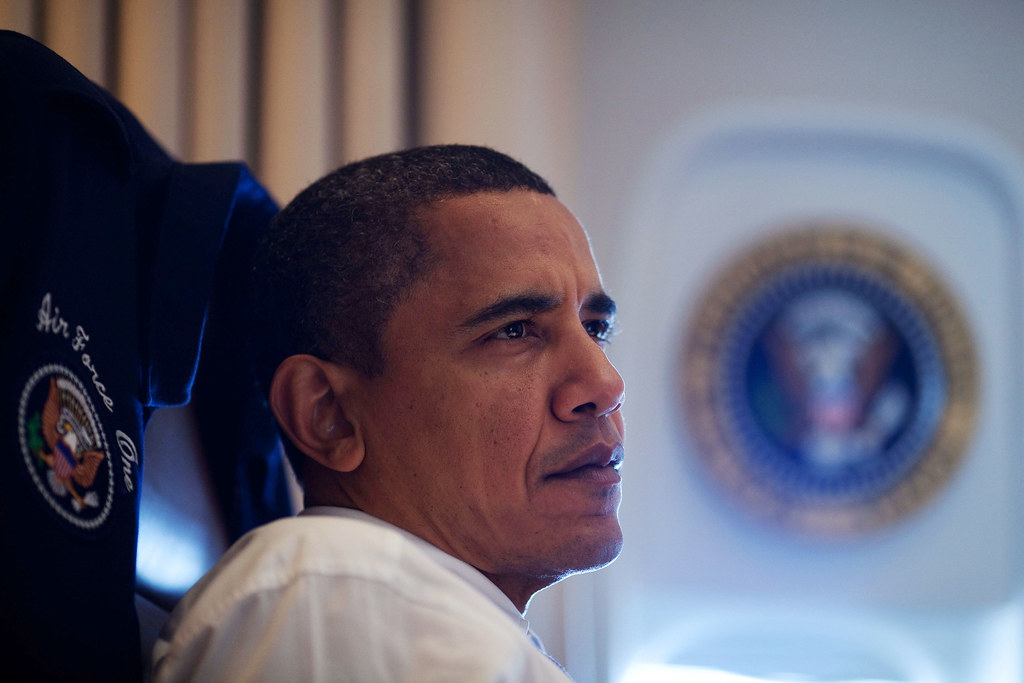 |
| Image: Flickr User - The White House |
By David J. Karl
An emerging scandal exemplifies a long-running critique of Obama’s foreign policy.
According to the Daily Beast (here and here) and the New York Times, some 50 intelligence analysts posted with U.S. Central Command, which oversees U.S. military operations in the Middle East, have formally complained that their superiors altered assessments about the Islamic State and Al Qaeda in order to adhere more closely with the Obama administration’s public line that the military campaign against these groups is progressing well.
There is, of course, a sad irony that a White House filled with people who frequently charge the George W. Bush administration with manipulating intelligence on the region now stand accused of the same thing. Beyond this, however, the emerging scandal exemplifies a long-running critique about Obama’s approach to foreign policy – that his national security inner team is excessively focused on the dictates of domestic politics and is not above squelching dissenting views or insulating him from unpalatable news.
This charge is voiced even by those who are not among the administration’s conservative critics. Veteran journalist James Mann, for example, noted in his 2012 book The Obamians that “The Obama White House didn’t like independent actors or internal discord. It also didn’t like to be challenged, certainly not in public, and not on the foreign policy issues of greatest sensitivity for Obama.” Similarly, David Rothkopf, editor and CEO of the Foreign Policy Group, observed a few years ago that the Obama White House:
…provides an object lesson in how, when too many staffers have excessive influence, political calculations often trump good policy choices. When an inner circle maintains too tight a stranglehold over the president’s time and attention, too few views come into play.
Read the full story at The Diplomat
